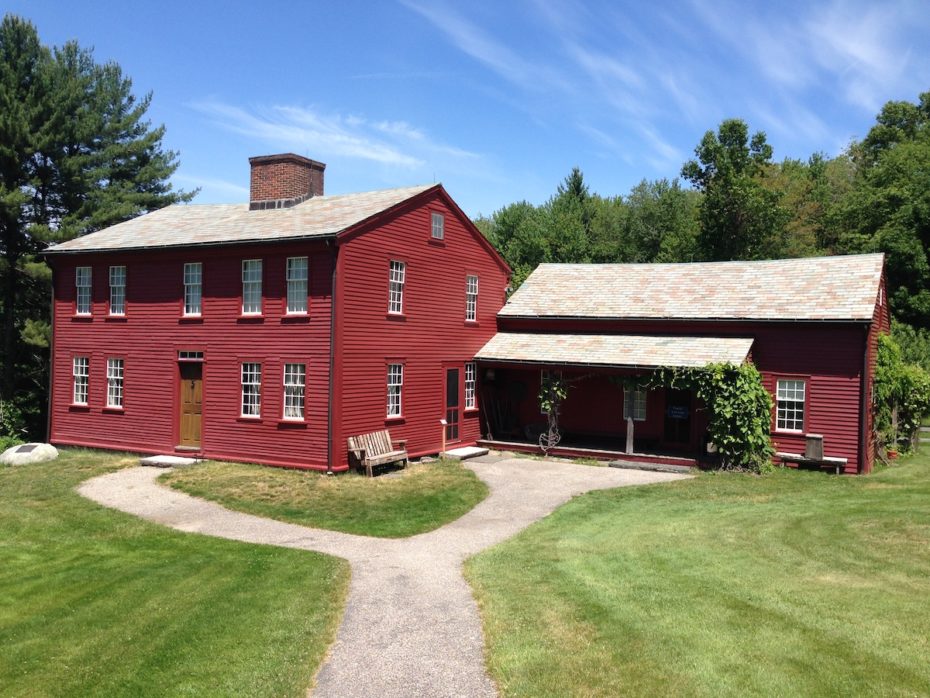‘Little Women’ author Louisa May Alcott spent a somewhat dramatic chunk of her childhood at a radical vegetarian commune… Fruitlands! The experience went on to influence her most well known work.
Going meat free may be seen as a relatively modern thing in the USA. But before counter-culture types and A Listers started spreading the good word about vegetarianism, there were several attempts to wean America off the idea of flesh as food.
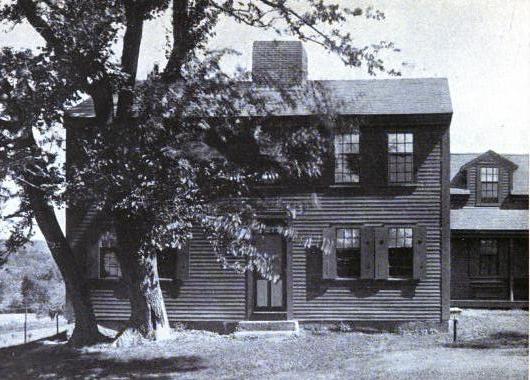
These endeavors took the form of communes – collectives of supposedly like-minded people. History hasn’t remembered them kindly! One of the most well-known was Fruitlands in Harvard, Massachusetts. Amos Bronson Alcott, father of Louisa May, established the place across 90 acres in the 1840s. This was part of the Romantic Era, which Francky Knapp describes as “the Swinging Sixties of the 19th century”.
“They didn’t believe in eating meat, owning property or using animal labor” writes the New England Historical Society website.
The Fruitlands diet went in its own unique direction. “Needless to say, they ate no animals,” says Joan Acocella in the New Yorker, “but they were vegetarians of a special kind: they ate only vegetables that grew upward, never those, like potatoes, which grew downward.”
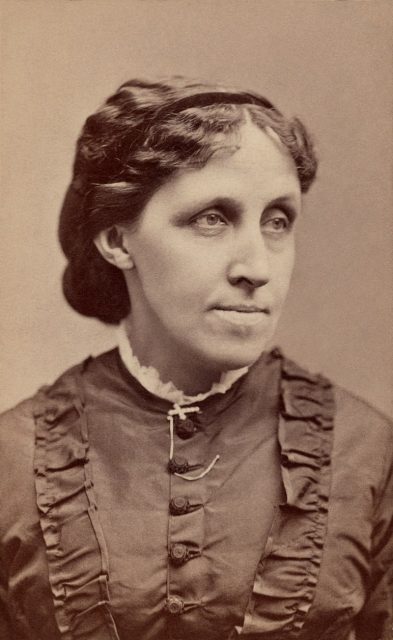
All this was washed down with plenty of delicious… water. Speaking of washing, cleanliness was of course next to godliness, so Alcott and family would have to take baths. Cold ones naturally.
Fashion on this peculiar stretch of farmland was hardly catwalk ready. “They dressed only in linen” continues the New England Historical Society, “and wore canvas shoes because cotton resulted from slave labor, wool belonged to the sheep and leather to the cow.”
Helping Bronson Alcott with the lion’s share of financials was Charles Lane, a transcendentalist. Transcendentalism emerged a couple of decades earlier.
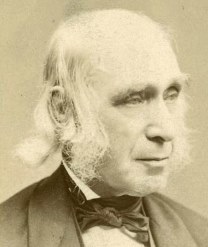
Its ideals of self sufficiency and connecting Mankind with nature – where his inherent goodness might flourish away from the distractions of society – underpinned what was going on down at Fruitlands.
What type of people lived at the commune? Transcendental vegetarians obviously. However, if Alcott and Lane hoped to create a higher state of being, they may have been disappointed.
“Bronson Alcott managed to recruit only a handful of communards:” writes the Society – “a baker who eventually became a Catholic priest, a nudist, a cooper who had been committed to an insane asylum and a man who swore constantly because he believed foul language uplifted his listeners.” It sounded more like a satire than a lofty bubble existing outside the norm.
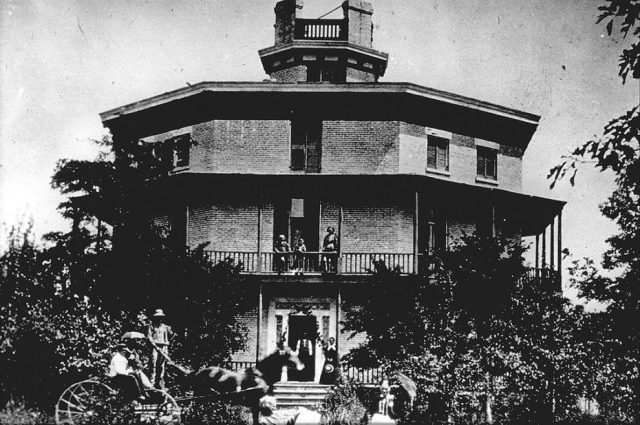
Famed transcendentalist and pal Ralph Waldo Emerson dropped by to see how things were going. He was reportedly lukewarm about the community. Which is more than can be said for the water.
Worst of all for young Louisa May Alcott, she found herself doing much of the work at Fruitlands aged just 10.
Seems some gender-based attitudes were set in stone, despite the commune’s radical outlook. Acocella notes that her father “basically gave up trying to make a living” in middle age.
He would occasionally stage “a Socratic ‘conversation,’ or question-and-answer session, with an audience, and occasionally he was paid for this, but for the most part his household, consisting of his energetic wife, Abba, and his four daughters, the models for the March girls, had to fend for themselves.”
Bronson’s chosen path left a sizeable impression on his daughter. Eventually the Alcott women departed, with Dad clinging on till even he grew weary of the idea.
Francky Knapp describes the commune’s conveners as “killjoys”. When the sky went dark, residents were expected to shut their eyes. Referring to the Fruitlands philosphy, “any ‘artificial light’ (i.e. candles)” was rejected, “lest such artificialness should ‘prolong dark hours or cost them the brightness of morning.’”
The Fruitlands experience lasted 7 months, during which time Louisa May kept a diary. When the idea withered on the vine of progress, she penned the satirical tale ‘Transcendental Wild Oats: A Chapter from an Unwritten Romance’ (1873).
Supplanting Bronson was the character of Abel Lamb. “Poor Fruitlands!” he declares at the story’s close. “The name was as great a failure as the rest!” Alcott adds that when he says this, “a frostbitten apple fell from a leafless bough at his feet.”
Another Article From Us: Ekranoplan: The Only Lun Ever Built, Lies Stranded in the Caspian Sea
The site still exists as a museum. Those who think ‘Little Women’ is a meaty tome might well think again now they know about Fruitlands…!
